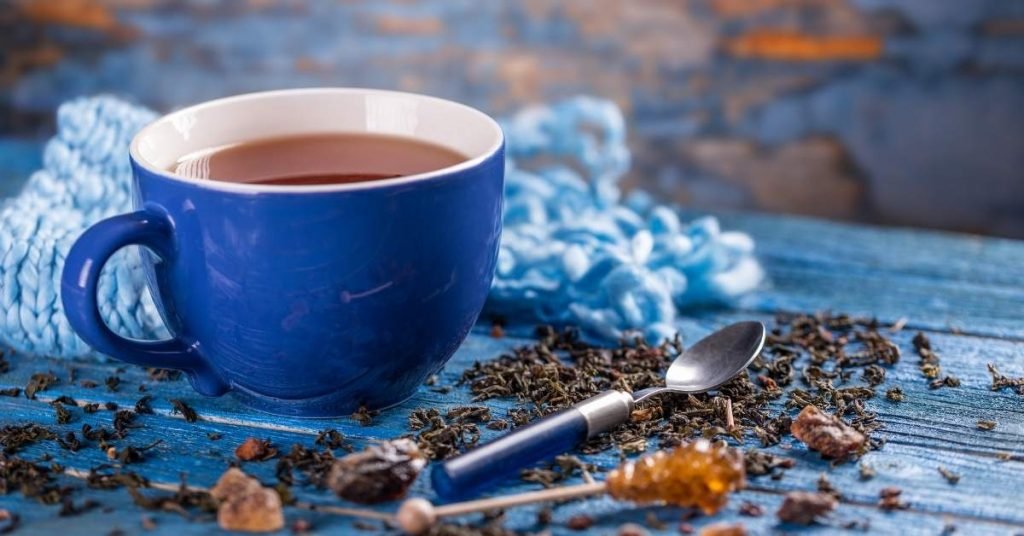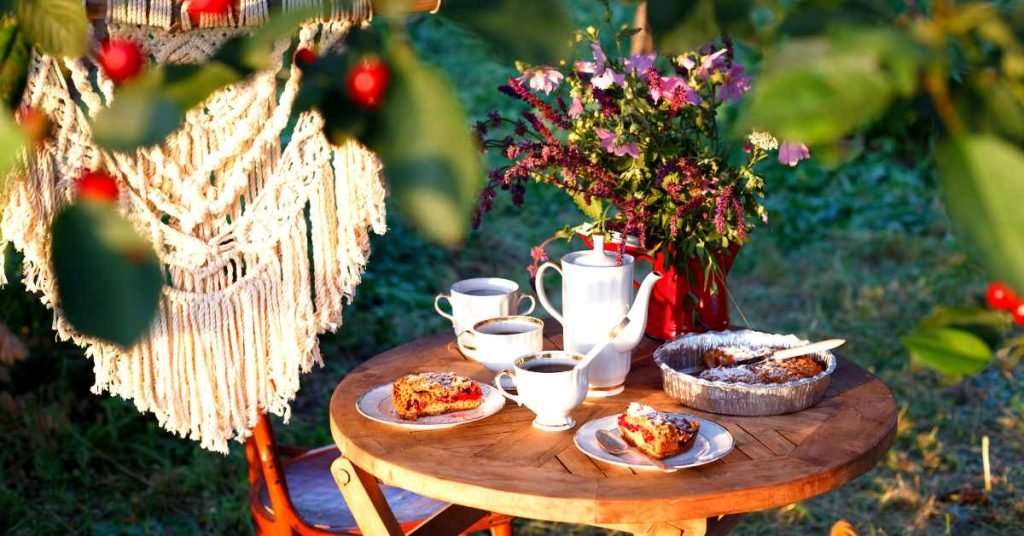Montenegro consumes 0.3 lb of tea per capita per year.
Black tea is a widely popular tea in the country, often sweeten up with loads of sugar.
Montenegran tea culture is heavily influenced by Turkish traditions.
History of Tea in Montenegro
The Ottoman Empire (today’s Turkey) had a large influence on the culinary culture of Montenegro.
Chai (the local word for tea) has been around for ages and this delicious non-alcoholic beverage is always consumed warm.
Traditional tea houses serve chai in tulip-shaped glasses, just like they do in Turkey.
Tea Culture in Montenegro
Besides the strong influence of the Turks, Montenegro also boasts a proper tea culture that includes local tea herbs such as mint, chamomile, rosehip, and dandelion.
Nevertheless, Black tea is the king of all teas in the country.
Commonly brewed in tea houses, restaurants, and cafes, Black tea is often seen in private homes where tea bags absolutely dominate.
Sugar is a must in Black tea and some people even like to add slices of ginger.
Some statistics show that Montenegro produces 100 tonnes of tea per year.
Montenegrins like to eat local sweets like baklava with their tea.
Despite the unique tea culture of the nation, coffee is still the number one beverage for morning hours.
MEDICAL DISCLAIMER
Itsnevernotteatime.com cannot and does not contain medical/health advice. The medical/health information is provided for general and educational purposes only and is not a substitute for professional advice.




